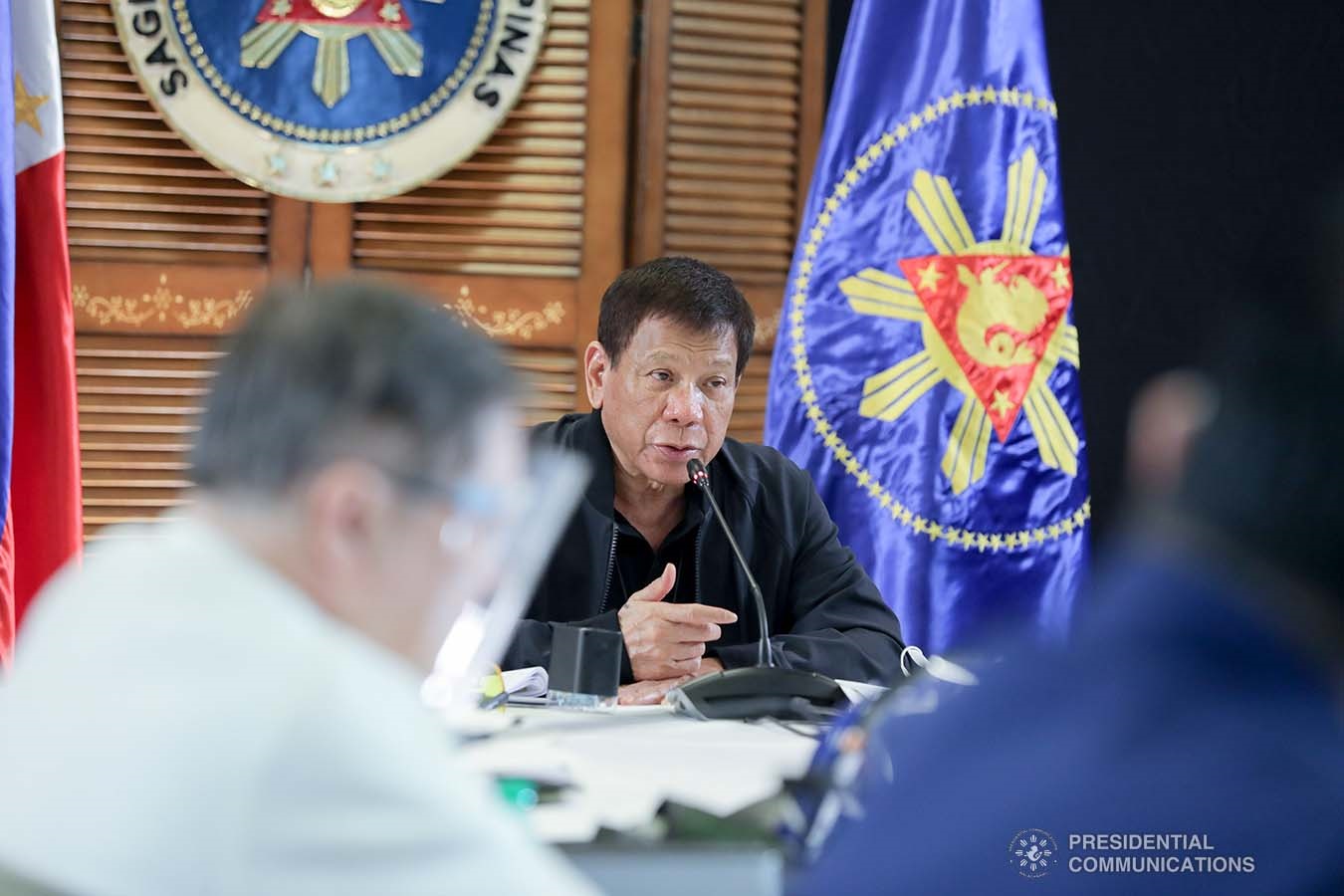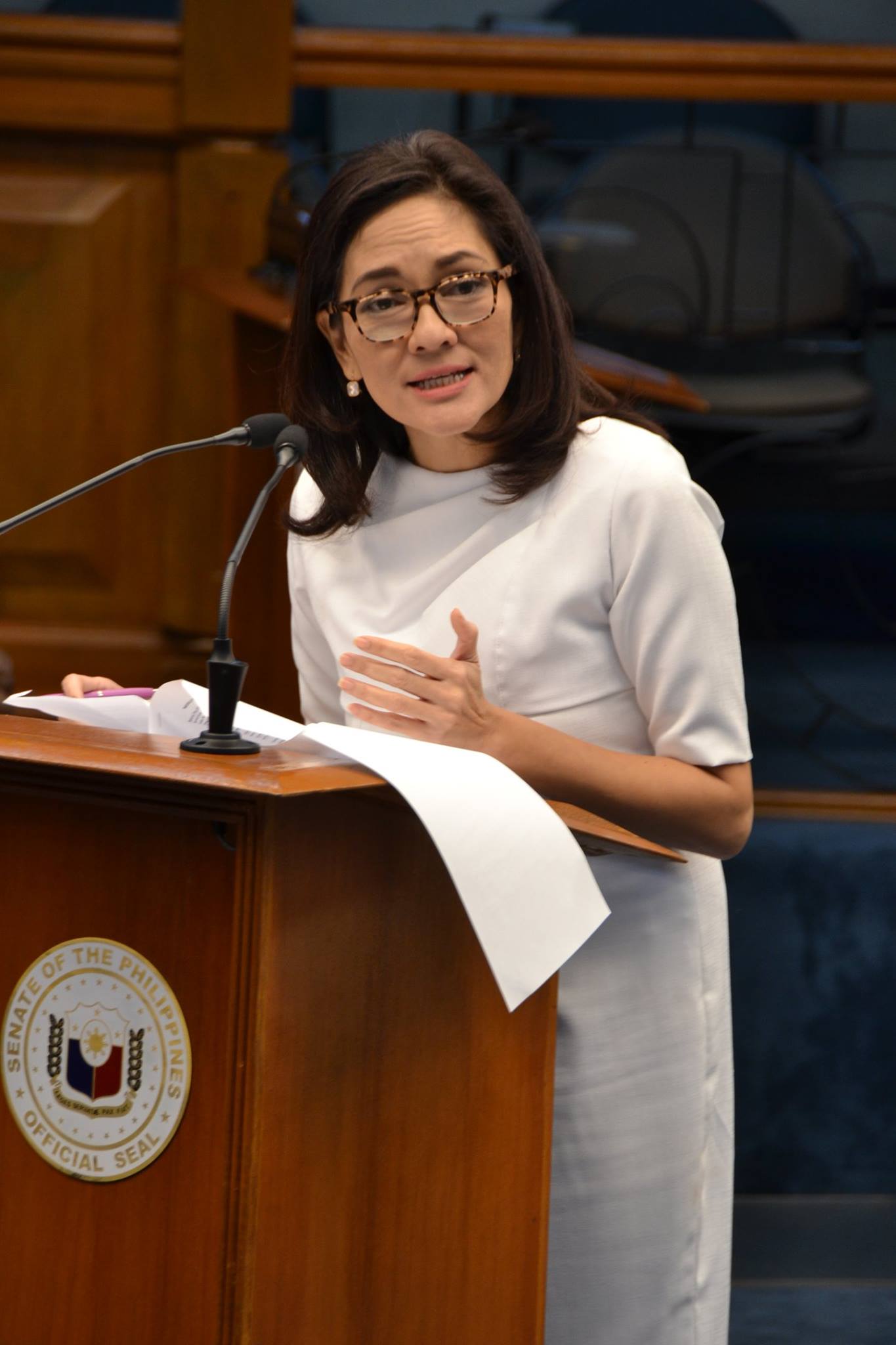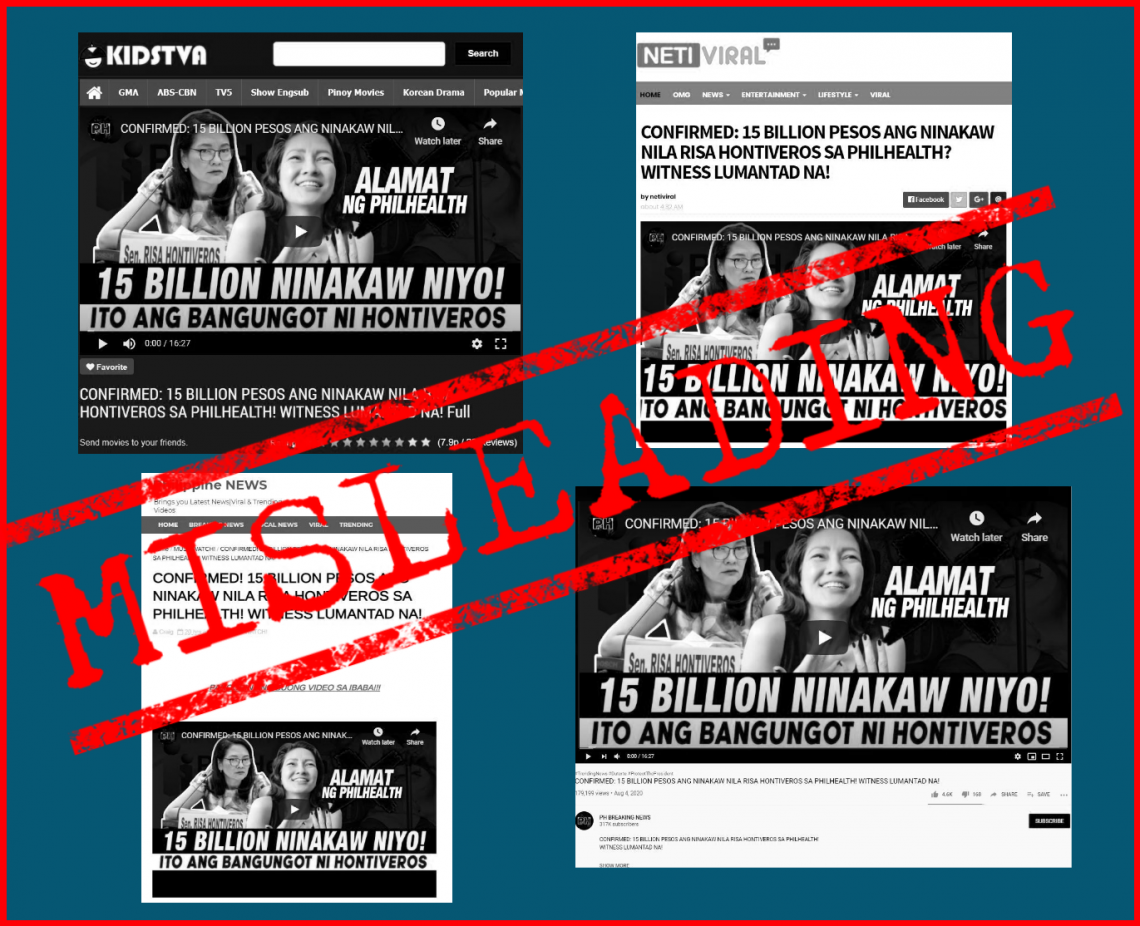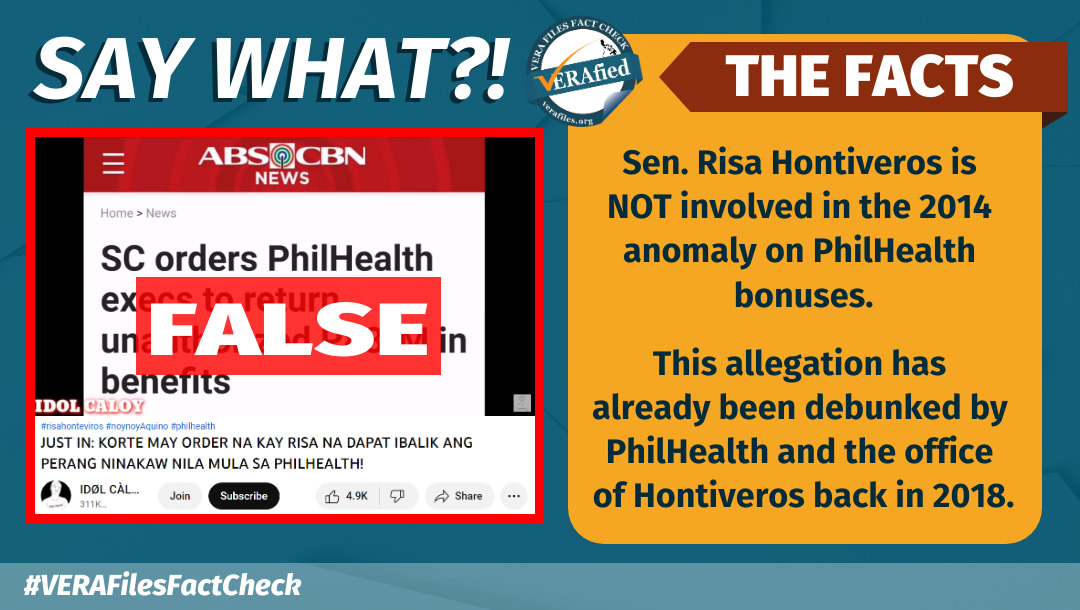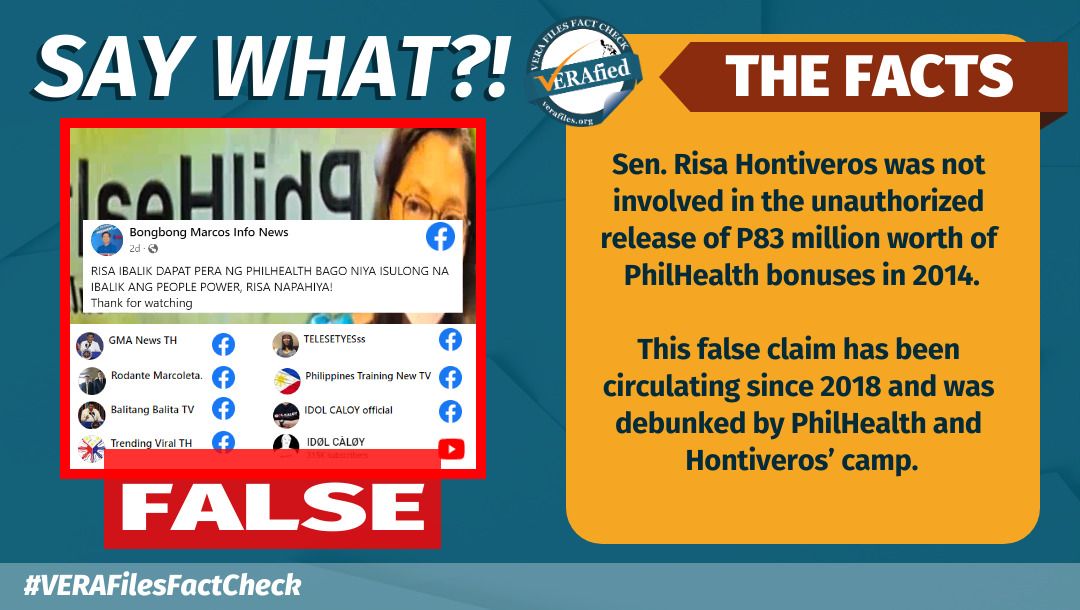In his last public address on the 2019 coronavirus disease (COVID-19) pandemic, President Rodrigo Duterte gave clear and specific statements that the billions of pesos allocated for COVID-related programs and activities would all be accounted for up to the last peso.
“Gusto kong ipaalam sa lahat that, as upon my oath of office, huwag kayong mag-alala; lahat ng pera diyan, nagastos dito sa away ng COVID ay maa-account,’ Duterte said in his weekly “Talk to the People” public address aired on Aug. 25. “I will hold myself responsible for this sole and solemn duty of answering for and in behalf of the executive department of all the funds that were spent in the fight against COVID,” he continued.
That somehow gives some ray of hope for accountability, and that this time, the promise of holding people accountable would go beyond words.
With only 22 months remaining in his six-year term, Duterte has to seriously work for his legacy to the Filipinos. The time left is too short to be true to his campaign promise that he would not tolerate corruption in his administration.
The fight against corruption does not end in firing his own appointees accused of engaging in various corrupt activities. Firing people accused of corruption must be held to account for their wrongdoing, not to keep them away from public criticisms and escape prosecution.
The President has bragged about having dismissed several of his appointees perceived or accused of being corrupt, but some of them have been appointed again to other positions, or allowed to just disappear from public view without being charged in court. If at all complaints were filed, we have yet to hear of cases that are progressing to the litigation phase.
We have grown tired of hearing the President’s promises of ending corruption, yet we continue to hear more and even graver cases of corrupt activities involving his own appointees to lucrative government positions. The latest and probably one of the top five scandalous cases to shake the administration involves at least P15 billion in the Philippine Health Insurance Corp. (PhilHealth).
It was on the heels of public outrage and congressional investigations on the alleged anomalies at PhilHealth and misuse of COVID funds in the procurement of supplies by national agencies and local government units that the President renewed his promise to stop corruption. It thus looks like a desperate damage control to calm down people and show them that he has been doing something to solve the problem and make erring officials accountable.
Shortly after the PhilHealth anomalies broke out early this month, Duterte ordered the creation of a multi-agency task force to investigate executives of the government health insurance agency. Later, he asked its president and chief executive officer, Ricardo Morales, to resign.
Palace Spokesperson Harry Roque had said the PhilHealth scandal had “exasperated Duterte. “Gusto na niyang matigil ang corruption sa PhilHealth at gusto niyang may ngipin ang task force na binuo niya,” Roque said in an online press briefing.
In Jan. 2020, an article came out in Forbes magazine, saying “the Philippines is getting a more corrupt and less democratic state” under the Duterte presidency.
The statement was based on the rankings published by international agencies. Specifically cited in the article was the 2019 Corruption Perceptions Index by Transparency International in which the Philippines placed 113th least corrupt among 180 countries. That was 14 notches below the 2018 ranking and 18 down from 2015 before Duterte assumed the presidency.
In the Democracy Index for 2019 of the Economist Intelligence Unit (EIU), the Philippines slid down one notch to 54th place. In 2018, the slide was two notches from the previous year’s ranking.
Allegations of misusing PhilHealth funds have long been raised from one administration to the other. The PhilHealth and other anomalies hounding the administration presents an opportunity for Duterte to prove once and for all that his anti-corruption stance is not mere rhetorics. If he would be able to put order in the agency and bring to court those responsible for the anomalies, and eventually to jail, then he would be leaving behind a g0od legacy and a fulfillment of his campaign promise to stop corruption.
The views in this column are those of the author and do not necessarily reflect the views of VERA Files.
This column also appeared in The Manila Times.
